The courses I teach are listed below, however, I am eager to enhance this list and special discounts are applied for students who will be first in their specific track.
I would like to point out that my high school was a German one, Bogazici University is an American-style institution, and Galatasaray University can be described as French. Attending international schools in my homeland and being successful at them leads me to believe confidently that I would adapt to the academic curriculum of each student immediately and with pleasure.
Please click on the title if you would like to get more information about the particular subject.
Further Mathematics
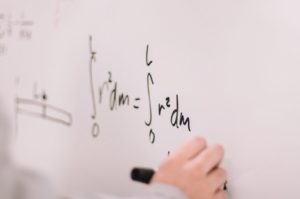 Further Mathematics is designed for students with an enthusiasm for mathematics, many of whom will go on to degrees in mathematics, engineering, the sciences and economics.
Further Mathematics is designed for students with an enthusiasm for mathematics, many of whom will go on to degrees in mathematics, engineering, the sciences and economics.
The qualification is both deeper and broader than A level mathematics. AS and A level further mathematics build from GCSE level and AS and A level mathematics. As well as building on algebra and calculus introduced in A level mathematics, the A level further mathematics core content introduces complex numbers and matrices, fundamental mathematical ideas with wide applications in mathematics, engineering, physical sciences and computing. The non-core content includes different options that can enable students to specialise in areas of mathematics that are particularly relevant to their interests and future aspirations. A level further mathematics prepares students for further study and employment in highly mathematical disciplines that require knowledge and understanding of sophisticated mathematical ideas and techniques.
A/AS Level Mathematics
A level mathematics builds from GCSE level mathematics and introduces calculus and its applications.
AS Mathematics consolidates and develops GCSE level mathematics and supports transition to higher education or employment in any of the many disciplines that make use of quantitative analysis, including those involving calculus.
IB Mathematics
International Baccalaureate Mathematics: (High Level or Standard Level): The International Baccalaureate® (IB) Diploma Programme (DP) is an assessed programme for students aged 16 to 19. It is respected by leading universities across the globe.
The IB DP higher level mathematics course focuses on developing important mathematical concepts in a comprehensible, coherent and rigorous way, achieved by a carefully balanced approach. Students are encouraged to apply their mathematical knowledge to solve problems set in a variety of meaningful contexts. Development of each topic should feature justification and proof of results. Students should expect to develop insight into mathematical form and structure, and should be intellectually equipped to appreciate the links between concepts in different topic areas. They are also encouraged to develop the skills needed to continue their mathematical growth in other learning environments.
GCSE Mathematics
GCSE subject criteria set out the knowledge, understanding, skills and assessment objectives common to all GCSE specifications in a given subject. GCSE outcomes may reflect or build upon subject content which is typically taught at key stage 3. There is no expectation that teaching of such content should be repeated during the GCSE course where it has already been taught effectively at an earlier stage. Therefore, getting tuition may be essential for the students. GCSE specifications in mathematics should provide a broad, coherent, satisfying and worthwhile course of study. They should encourage students to develop confidence in, and a positive attitude towards mathematics and to recognise the importance of mathematics in their own lives and to society. They should also provide a strong mathematical foundation for students who go on to study mathematics at a higher level post-16.
GCSE specifications in mathematics should require students to order numbers, apply four basic operations including inverse operations, calculate with roots, decimals, fractions and percentages,estimate answers and round the numbers, apply and interpret limits of accuracy, use and interpret algebraic notation, understand and use the concepts and vocabulary of expressions, argue mathematically to show algebraic expressions are equivalent, work with coordinates, plot and sketch graphs and translations and reflections of functions, interpret and construct tables, charts and diagrams.
General Mathematics Tuition
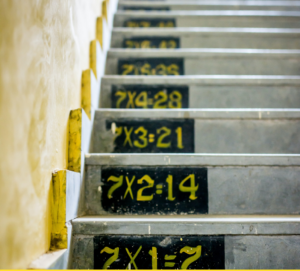 General Mathematics Tuition: Apart from the exams, each student may need private tuition in each step of the academic journey. The basic information and skills need to be gained in the right time without delay to avoid confusion and discouragement in later stages.
General Mathematics Tuition: Apart from the exams, each student may need private tuition in each step of the academic journey. The basic information and skills need to be gained in the right time without delay to avoid confusion and discouragement in later stages.
I accept students from Key Stage 2,3, 4 and 5. Remember that The national curriculum is organised into blocks of years called ‘key stages’ (KS). At the end of each key stage, the teacher will formally assess your child’s performance. For the table please visit the page: https://www.gov.uk/national-curriculum
In this school-support format, we aim to proceed parallel with the school curriculum. We do revision of the former chapters and preparation for the upcoming chapters. We observe how the student learns a new topic and on which points he/she struggles most. Accordingly, we determine the student’s weak points in the former chapters/basic concepts. We recall these basic and most important mathematical facts and consequently improve the student’s general mathematical ability.
Mathematical English
If you are not a native English speaker and your new school teaches mathematics in English, you may need support in transition your mathematical knowledge into mathematical English. You will be expected to be able to understand mathematical forms, operations and express your Maths knowledge in English at school. The assistance in doing this at the beginning would help you a lot in adaption to the new school and environment. Because, this is a special form of the language used for stating mathematical expressions. Dictionaries and ordinary English language support are not enough in this stage because many ordinary English words are used with different meanings in mathematical sense.
This service is available for all learners from early as primary years up to PhD level.
This package would hep you if;
- You are not a native English speaker and you have learned Mathematics in another language so far.
- You have recently moved to a new country and started a school which teaches in English.
- Your new school is an IB school.
Refreshment Courses
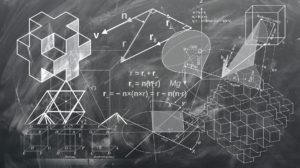 Refreshment Courses: Refreshment courses are short courses reviewing or updating previous studies. We can organize the refreshment courses upon request of the student anytime of the year. In addition to that, we will announce refreshment packages at special times of the year for example just before the new school year begins.In order to attend a refreshment course, you do not need to be a regular student of Sums and Times. New students are welcomed for these courses.
Refreshment Courses: Refreshment courses are short courses reviewing or updating previous studies. We can organize the refreshment courses upon request of the student anytime of the year. In addition to that, we will announce refreshment packages at special times of the year for example just before the new school year begins.In order to attend a refreshment course, you do not need to be a regular student of Sums and Times. New students are welcomed for these courses.
What is the content?
The content is entirely tentative as it depends on the individual student. The aim is to remind the former topics and make preparation for the new related topics. So, we will give intuition why the particular topic is important and in which ways the student will see this topic again in near future.
11+ and 13+ Examinations
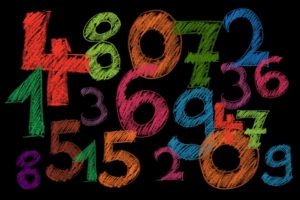
Independent Schools Examinations Board: The Independent Schools Examinations Board is probably best known for producing the Common Entrance examinations which students sit to gain entry to some of the best independent schools in the UK and overseas. The examinations are set by highly qualified and experienced teachers from the country’s leading schools and are widely regarded as the gold standard for assessment at 11+ and 13+.
The 13+ Common Entrance examination is strongly supported by many of the top prep and independent senior schools in the UK. Its rigorous syllabuses and breadth of subjects provide a strong academic focus for pupils in Years 7 and 8 and an excellent preparation for GCSEs.
The 11+ Common Entrance examination Pupils sit the Common Entrance examination at 11+ when they are in Year 6, mainly for entrance to senior independent girls’ schools. There are two examination sessions each year, in November and January. For more information, please visit the page. https://www.iseb.co.uk/Home

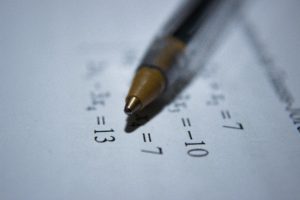
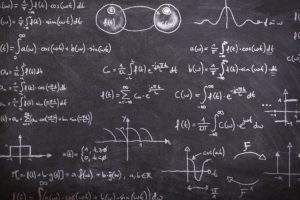
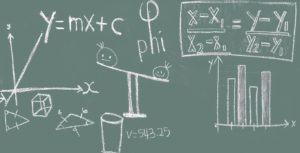
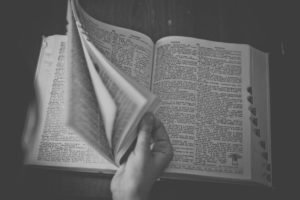 Mathematical English:
Mathematical English: